

COVID Levels Are "Very High" in 27 States
This summer wave is becoming the largest yet.


COVID Levels Are "Very High" in 21 States
They're "low" in just one.


COVID Levels Are "Very High" in These 7 States
Summer infections continue to surge across the U.S.


Symptoms People "Never Think of as COVID"
These signs are often overlooked, doctors say.


Doctors Share Top Symptom of COVID FLiRT Variants
Infections are on the rise in most states.


New COVID Shots Recommended Amid Summer Surge
Find out when and where to get yours.


Doctors Share 3 Concerns About COVID Surge
They're worried about a summer spread.
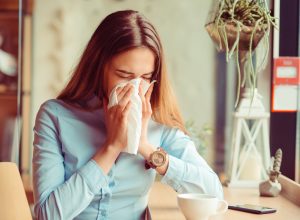
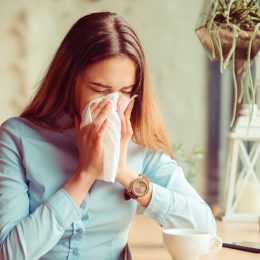
7 Symptoms That Are Usually COVID, Not Allergies
Here's how to spot the difference, doctors say.
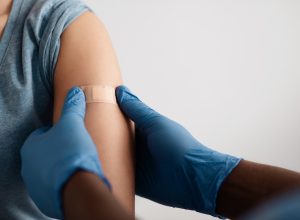
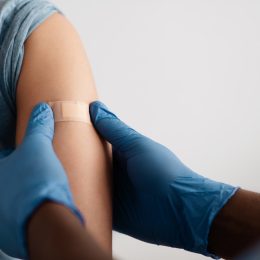
CDC Recommends 2 Vaccines in New Updates
They're suggested for certain Americans.
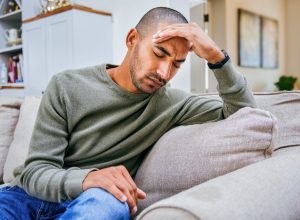
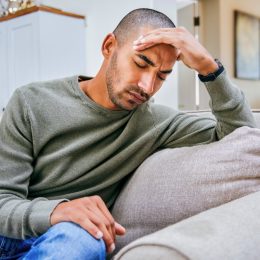
COVID Symptoms Show Up Before a Positive Test
Make sure you know the early signs.
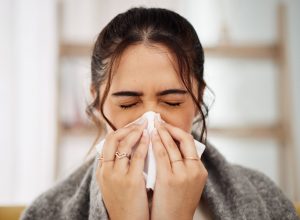
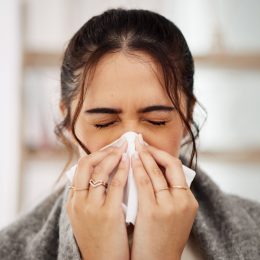
COVID JN.1 Accounts for 86 Percent of Cases
These are the symptoms of the dominant variant.


4 New Vaccines You Need This Year, CDC Warns
Here's what the agency advises.
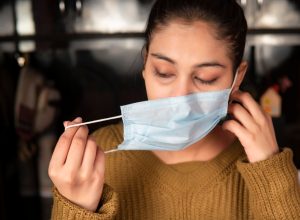
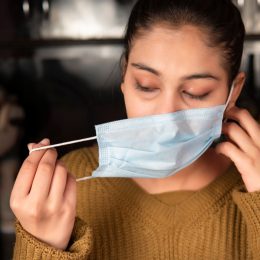
Mask Mandates Are Popping Up Again
COVID continues to surge.
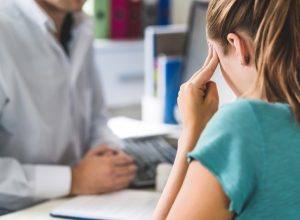

JN.1 COVID Patients Present With These Symptoms
Doctors say there are two specific signs first.
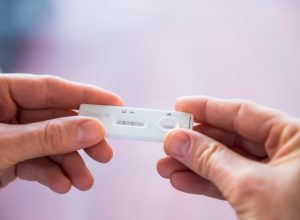

34 States With "Very High" COVID Levels
New CDC data shows which places are seeing spikes.


COVID Variants Could Cause Worse Lung Damage
Here's the latest research.


Disney World Is Axing 3 COVID-Era Rules
The restrictions are gone for good as of today.


CDC Looking Into Potential New COVID Symptoms
They may be related to the JN.1 variant.
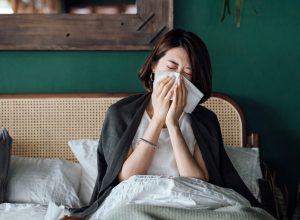
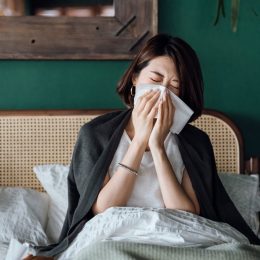
14 States Where Respiratory Illness Is Spreading
Post-holiday spikes are growing fastest here.
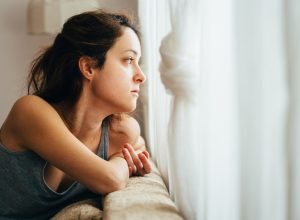
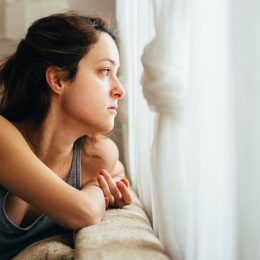
COVID Now Causes These Symptoms
New data suggests two unusual indicators.







